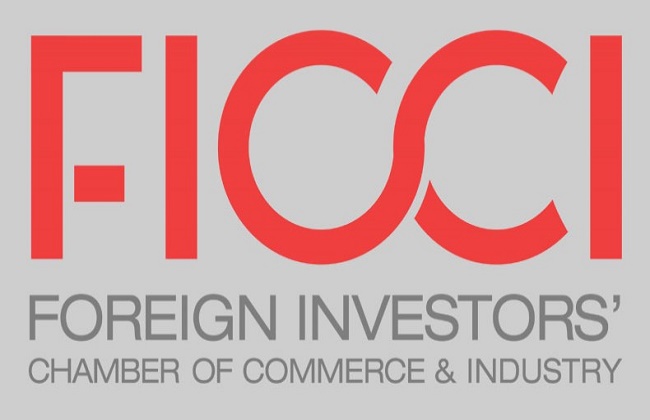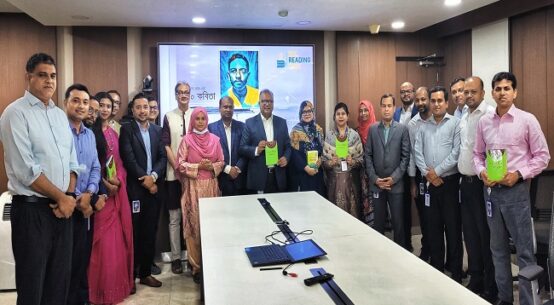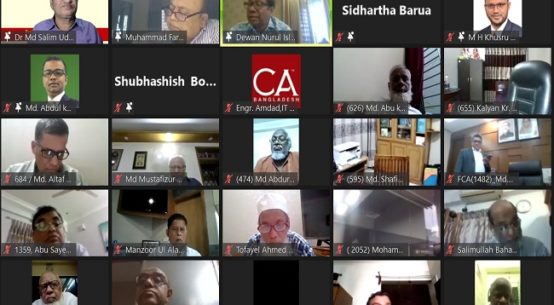
The Foreign Investors’ Chamber of Commerce and Industry (FICCI) said that Bangladesh needs to increase the tax GDP ratio to 22 percent to achieve the Vision 2041.
FICCI presented their proposal for preparing the National Budget 2024-255 at a pre-budget meeting organized by the National Board of Revenue (NBR) on Wednesday.
FICCI President Zaved Akhtar led the delegation including Board of Director Mohammad Iqbal Chowdhury, Executive Director T.I.M. Nurul Kabir and the committee members attended the Pre-budget discussion at the NBR office in capital’s Agargaon, said a press release.
Abu Hena Md. Rahmatul Muneem, Chairman of NBR, presided over the meeting while some other members were also present.
FICCI Tax Consultant Snehasish Barua made a presentation on the chamber’s budget proposals for FY 2024-25.
In the consultation with NBR, FICCI President Zaved Akhtar said that FICCI, being the representative of around 210 foreign companies operating in Bangladesh, has been contributing more than 30 percent of total government revenue.
“To achieve Vision 2041, Bangladesh needs to improve its Tax GDP Ratio from current 8.74 percent to 22 percent which is a big milestone. To achieve this target, the private sector’s cooperation will be indispensable,” he added.
Javed said FICCI is eager to partner in this journey and committed to contribute for the progress of the people and the country.
He said the FICCI identified the need for a comprehensive and Integrated Digital Architecture for the country to track the economic transaction and attract due to taxes from the taxpayer.
FICCI also highlighted the immediate action to integrate already available systems such as E-TDS, Online Return, E-TIN etc, he added.
Regarding digitalization and integrated automation system, the FICCI President appreciated some initiatives taken by the revenue board to digitalize the regular Tax related work.
However, he also highlighted the need for simplification of Taxation Systems and elimination of manual process to ease the compliance and reporting.


